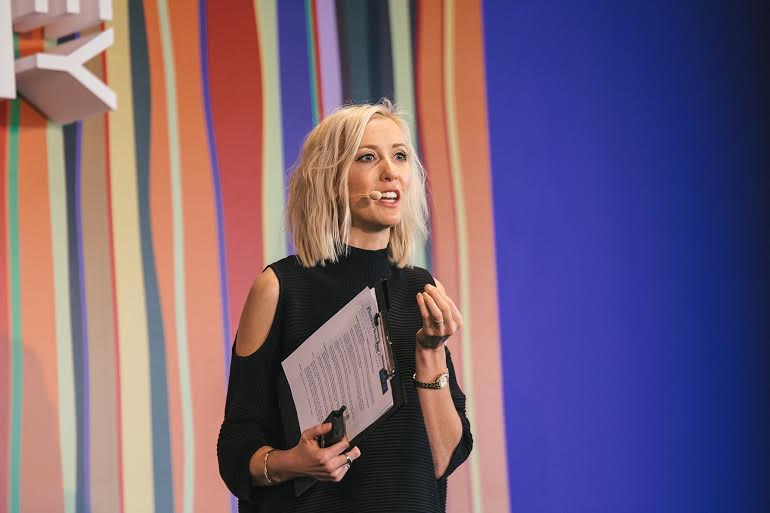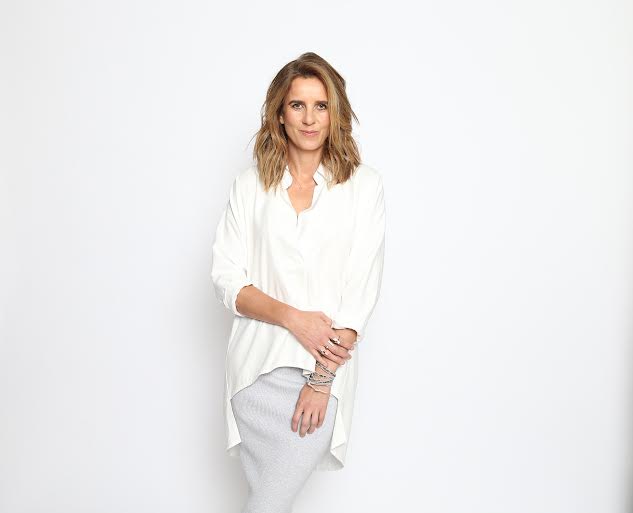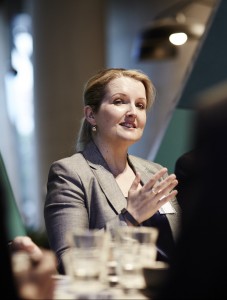We've all been in a position where we need to make a big decision that impacts on not only ourselves but those around us. When it comes to making a business decision, particularly one that has a negative impact on a work colleague, it's easy to put it in the 'too hard' basket.
Before you know it, the problems arising from your need to make a hasty decision have escalated while you've been busily procrastinating. The Huffington Post Australia asked three business leaders for their best advice about how to really nail decision making -- for the big decisions and the small ones that we tend to put off for as long as possible.
Lorraine Murphy from The Remarkables Grouptold HuffPost Australia she uses a decision making method known as 'tri-angulation.'
"If I'm sitting on a decision I need to make. I go to three different people I really respect and ask them, 'If you were in my position what would you do?' The whole idea of triangulation is to think of a stool. It can't stand on one or two legs but it will stand on three legs and that's the beauty of tri-angulation. So if I triangulate a decision with three people, they will all have similar insights," Murphy said.
"But, while you can take on as much advice as you want, ultimately the decision rests with you."
Murphy also advises people to make decisions after a good night's sleep.
"If I make decisions when I'm very exhausted, after a speaking tour or travelling internationally, I am not quite myself. That can lead to mistakes. If you get a good night's sleep you will be clearer in the morning and that's the best way to make decisions, when you are clear and rested."
The Collective CEO Lisa Messenger believes we all tend to over-complicate business and life.
"A lot of people think they have to eat the whole elephant at once. But you need to stop and ask people to lay out the facts in front of you. Don't be afraid to ask a lot of questions. You need to fully understand the whole picture so you can make an informed decision," Messenger said.
"Once you get clearer on your vision and your values and your beliefs, you can make a decision in a split second. For me, it doesn't matter how much somebody might argue with me. I would say, 'No, that doesn't sit right with me.' The clearer you get about who you are and what you stand for and what your not-negotiables are in life, decision making becomes much easier."
Messenger said as her personal brand is getting bigger, more brands are asking her to be an ambassador.
"But some just don't fit with me. It doesn't matter how much money they might be offering, I will make a decision to say 'No' if it means staying true to myself. Sometimes the power of NO is stronger than YES."
"I make decisions on an hourly basis on a multitude of industries and disciplines. The Collective is renovating an entire new office space which is something I've never done before. So in terms of making big decisions that are worth a lot of money, it's important to understand the process," Messenger said.
"I know nothing about building commercial space so, in making my decisions, I keep asking 'why?' and 'how?' This is important when you're dealing with anything you're not familiar with. Know to ask the right questions. Ask a lot of questions and then you can trust your gut and your intuition to make a decision that you can be happy with."
Michelle Gibbings from Change Meridian said when your decision making involves negotiating with others, think about the steps required to reach agreement.
"Consider each of these steps, in advance of the discussion, and be curious as to how they may play out. Running through possible scenarios and outcomes will enable you to better respond as issues or objections are raised during the discussion," Gibbings said.
"Importantly, seek to understand the other people involved; their operating style, agenda, needs and what they care about. Be interested in them and their perspectives and ideas. The more you understand those involved, the greater insights you'll have into what they are likely to support or reject."




